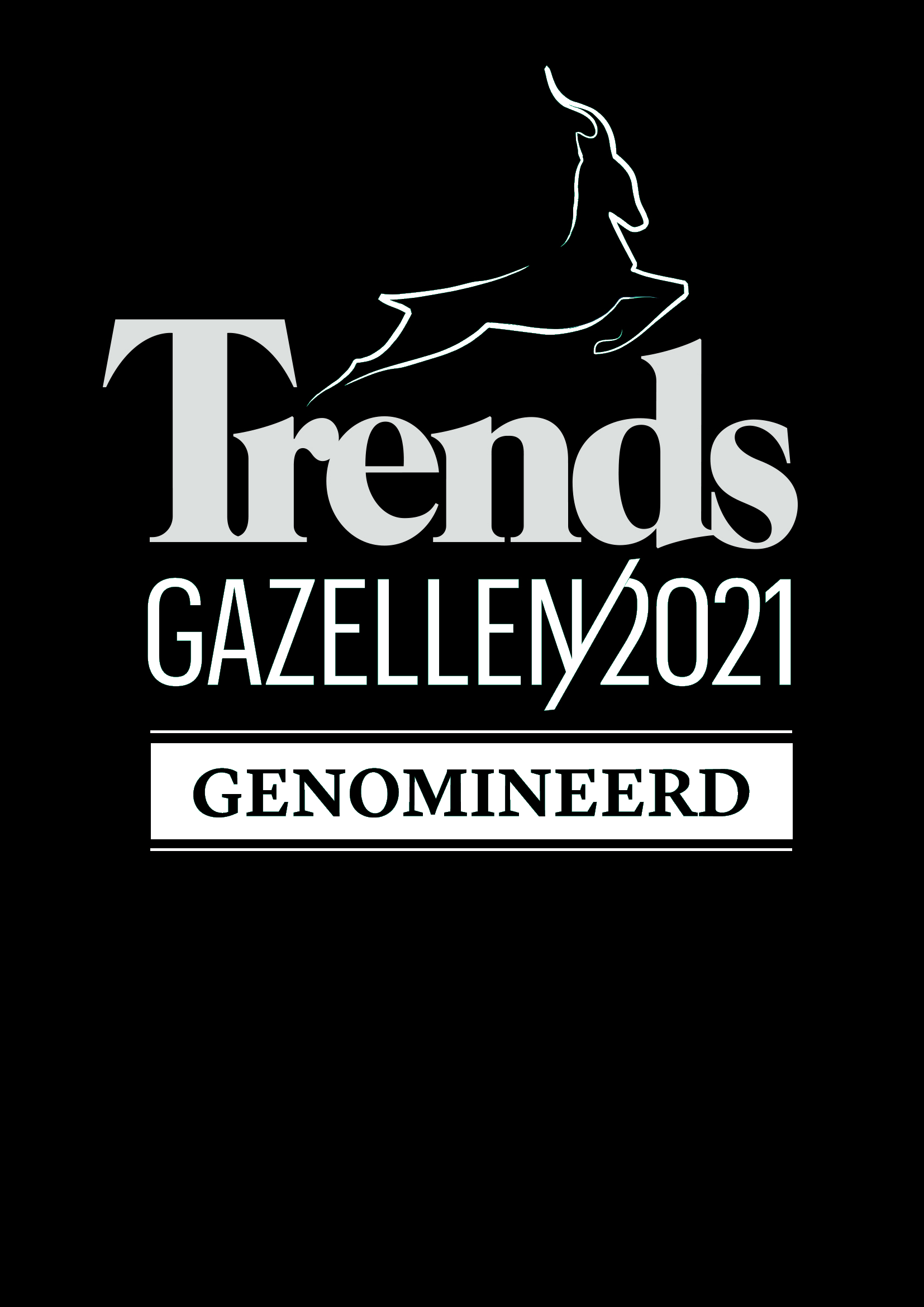ShinyProxy 2.4.0
ShinyProxy is a novel, open source platform to deploy Shiny apps for the enterprise or larger organizations. Full Kubernetes Support One of the main advantages of ShinyProxy is the use of plugable container back-ends which allows people to use ShinyProxy on a plain Docker host, on a Docker Swarm cluster or on internet-scale Kubernetes cluster in the cloud. The way organizations have been deploying ShinyProxy on Kubernetes clusters has grown exponentially and providing a means to configure ShinyProxy tailored to the specific Kubernetes setup became more important.

